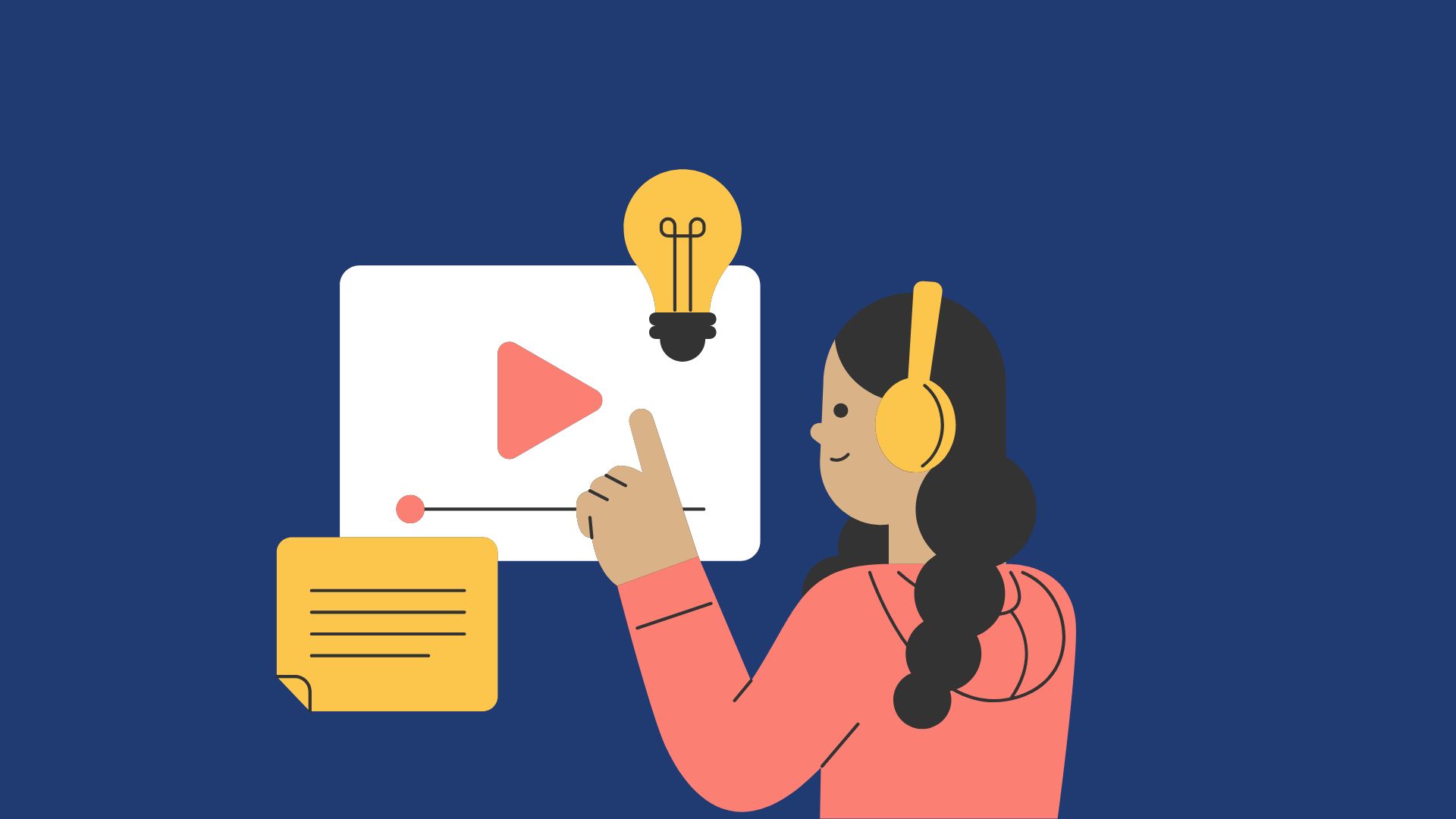Exam season can be an overwhelming time for students. The pressure to perform well, coupled with long hours of studying, often leads to stress and exhaustion. While a certain amount of stress can be motivating, excessive stress can harm your mental and physical health. Here’s how to manage stress effectively and avoid burnout during exams.
1. Plan and Prioritize
One of the most common causes of exam stress is feeling unprepared. Make a practical study plan that divides the course into small portions. Set aside time windows for each subject, and prioritize the topics that you find most difficult. A well-organized plan provides you control while reducing the stress of last-minute cramming.
2. Take Regular Breaks
Continuous study without breaks can result in declining returns. Use tactics such as the Pomodoro Technique, which involves studying for 25 minutes and then taking a 5-minute break. After four cycles, take a 15- to 30-minute break. Breaks allow you to clear your mind, sharpen your focus, and avoid exhaustion.
3. Practice Self-Care
- Sleep: Ensure you get 7–8 hours of sleep every night. Sleep deprivation impairs concentration, memory, and decision-making.
- Diet: Eat balanced meals with plenty of fruits, vegetables, and proteins. Avoid excessive caffeine and sugary snacks, which can cause energy crashes.
- Exercise: Incorporate physical activity into your routine. A quick walk, yoga session, or 15-minute workout can reduce stress hormones and boost endorphins.
4. Manage Expectations
Be realistic about what you can accomplish in a given timeframe. Avoid setting unachievable goals that will just add to the pressure. Remember that perfection is not the aim; progress is. Focus on doing your best, not being perfect.
5. Practice Mindfulness and Relaxation Techniques
Mindfulness helps you stay present and reduces feelings of being overwhelmed. Spend a few minutes each day practicing:
- Deep Breathing: Inhale deeply for four seconds, hold for four seconds, and exhale for four seconds. Repeat this cycle to calm your nerves.
- Meditation: Apps like Calm or Headspace offer guided meditations tailored for stress relief.
- Visualization: Imagine yourself succeeding in the exam to build confidence and reduce anxiety.
6. Stay Organized
Keep your study place tidy and make sure all of your materials are easily accessible. A clutter-free atmosphere reduces distractions and increases studying efficiency. Track your progress and keep on track with your schedule using tools such as calendars or apps.
7. Stay Connected
Do not isolate oneself during exam season. Share your worries with friends, family, and teachers. Talking about your concerns might bring both emotional relief and useful study ideas. Group study sessions (if they are appropriate for your learning style) can also be an effective approach to clear doubts and stay motivated.
8. Avoid Overloading Your Schedule
Balance is essential. Do not study all day, every day. Include activities that you enjoy, such as reading, watching your favorite show, or working on a hobby. These minutes of relaxation restore your vitality and boost your productivity.
9. Focus on Practice and Preparation
Uncertainty is typically the root cause of stress. Practice past papers, solve practice tests, and become acquainted with the exam structure. The better prepared you feel, the more confident you will be on exam day.
10. Reframe Negative Thoughts
Replace negative ideas like “I’ll fail” with positive affirmations like “I’ve prepared well and will do my best.” A positive outlook not only alleviates stress but also improves performance.
11. Limit Social Media and Screen Time
Social media may be a big distraction and source of undue stress during tests. Consider creating boundaries, such as only using your phone during breaks, or utilizing screen-time-limiting applications. Rather than scrolling aimlessly, focus on keeping productive.
12. Have a Strategy for Exam Day
- Arrive early and bring all necessary materials to avoid unnecessary stress.
- Review your notes lightly, but don’t try to cram.
- Stay hydrated and eat a healthy breakfast to fuel your mind.
13. Know When to Seek Help
If your stress becomes unbearable or interferes with your everyday life, do not hesitate to seek help from a teacher, counselor, or trusted adult. Professional assistance can help you develop coping mechanisms and build resilience.
Exam stress is normal, but it does not have to control you. You can approach tests with confidence and composure if you manage your time wisely, practice self-care, and keep a positive attitude. Remember that your mental health is just as vital as your academic performance—take care of yourself, and success will come.




